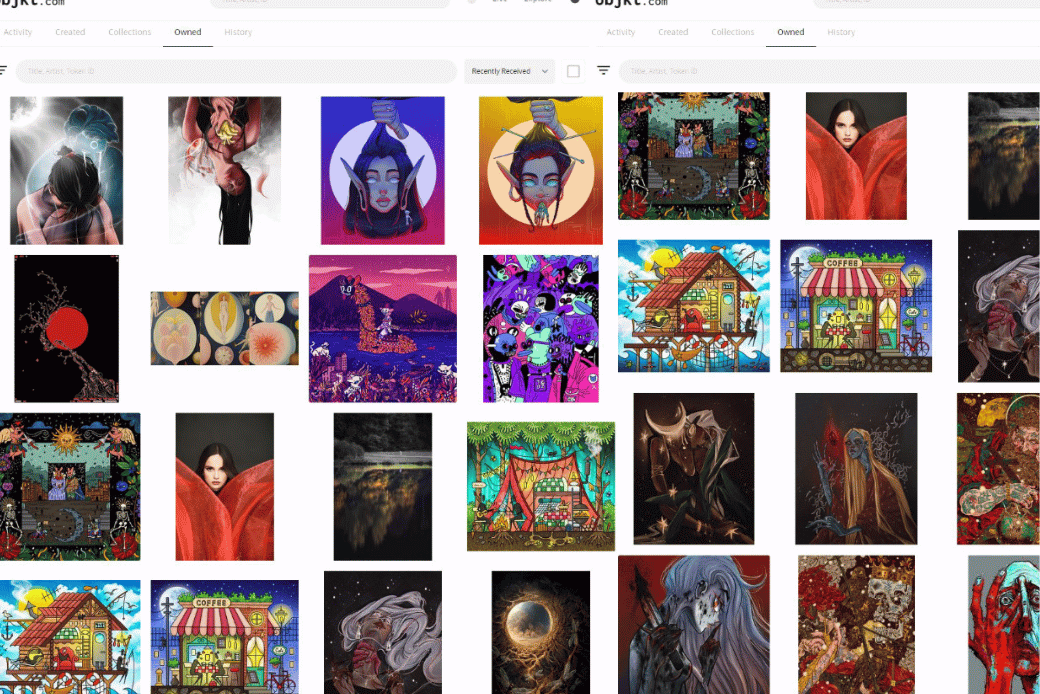The success and resonance of NFTs with buyers can be attributed to a combination of social, psychological, and economic factors. While research on this specific topic is still emerging due to the relatively recent explosion of NFTs, some insights can be derived from existing literature and observations.
Scarcity and Exclusivity
NFTs often represent unique or limited-edition digital assets, providing a sense of exclusivity and scarcity. The human desire to possess something rare or one-of-a-kind can drive collectors to value NFTs more than readily available digital content.
Digital Ownership and Identity
NFTs offer a way for collectors to assert digital ownership and establish their identity in the digital realm. Owning an NFT can be seen as a symbol of status and identity in online communities.
Fandom and Community
NFTs linked to popular creators, artists, or fandoms can resonate with enthusiasts who want to express their support and connection to their favorite content or personalities. Being part of an NFT community can provide a sense of belonging and shared interests.
Artistic and Creative Expression
NFTs have unlocked new possibilities for digital artists and creators to monetize their work directly and receive recognition for their efforts. Buyers may be motivated to support artists and own pieces that they find aesthetically appealing or emotionally resonant.
Investment and Speculation
Some buyers view NFTs as investment opportunities, hoping that the value of the NFT will appreciate over time. The speculative aspect of NFTs can attract investors seeking potential financial gains.
Virtual and Gaming Environments
In virtual worlds and gaming, NFTs can represent valuable assets, such as virtual real estate, skins, or in-game items. Gamers and virtual world enthusiasts may purchase NFTs to enhance their virtual experiences or participate in virtual economies.
Physical Merchandise and Real-world Experience
Creators can offer physical products or experiences that are tied to a unique digital asset, which can increase the value and desirability of the merchandise. For example, an artist could create an NFT that represents a digital art piece, and then offer limited-edition, physical prints of the piece to people who own the NFT. Because the physical prints can only be obtained by people who own the corresponding NFT, they become more valuable and sought-after.
Additionally, merchandise can also be used to create more immersive experiences, such as a special concert or meet-and-greet event that is only accessible to people who own a specific NFT. This creates a sense of exclusivity and makes owning the NFT more desirable.
Merchandise can be a powerful tool for enhancing the value and desirability of NFTs, by providing tangible, unique, and limited physical items that are linked to the digital assets.
Social Validation and Reputation
Owning prestigious or valuable NFTs can lead to social validation and recognition within specific online communities. It can be a way to demonstrate expertise or taste in niche areas.
Technological Curiosity
Some individuals are drawn to NFTs out of technological curiosity and the desire to explore and experiment with blockchain and digital asset ownership.
Emotional Connection and Storytelling
NFTs with compelling backstories or narratives can evoke an emotional connection with buyers. The story behind an NFT or its creator can add value and meaning to the ownership experience.
Environmental and Ethical Considerations
Some buyers may choose to collect NFTs that are environmentally friendly or contribute to charitable causes. NFTs that align with ethical values can attract socially conscious buyers.
People have varying motivations for collecting NFTs. Some may see the value in owning digital assets, while others may prefer traditional physical collectibles. As the NFT space continues to evolve, ongoing research will shed more light on the intricacies of NFT collecting behavior and motivations.




